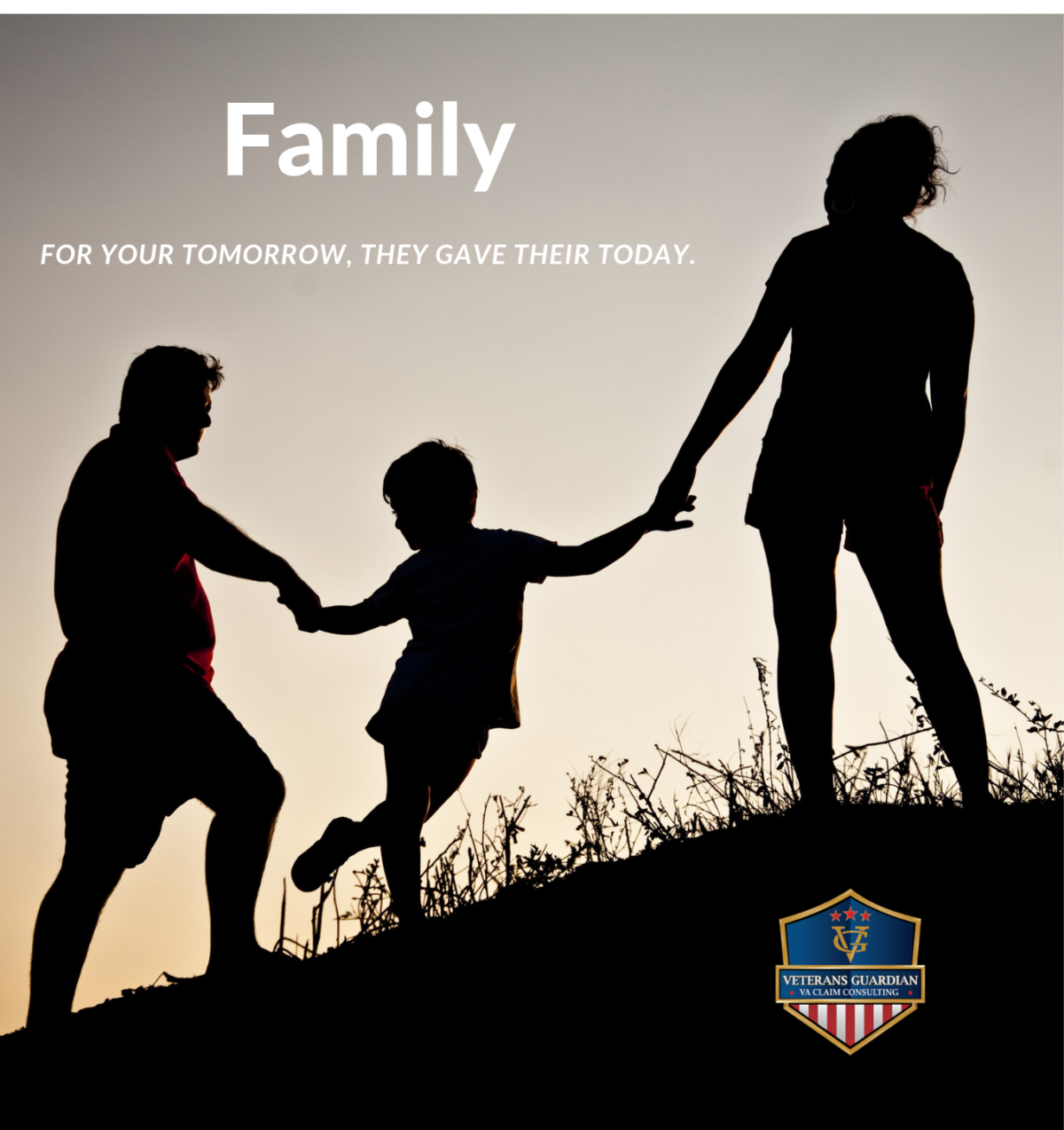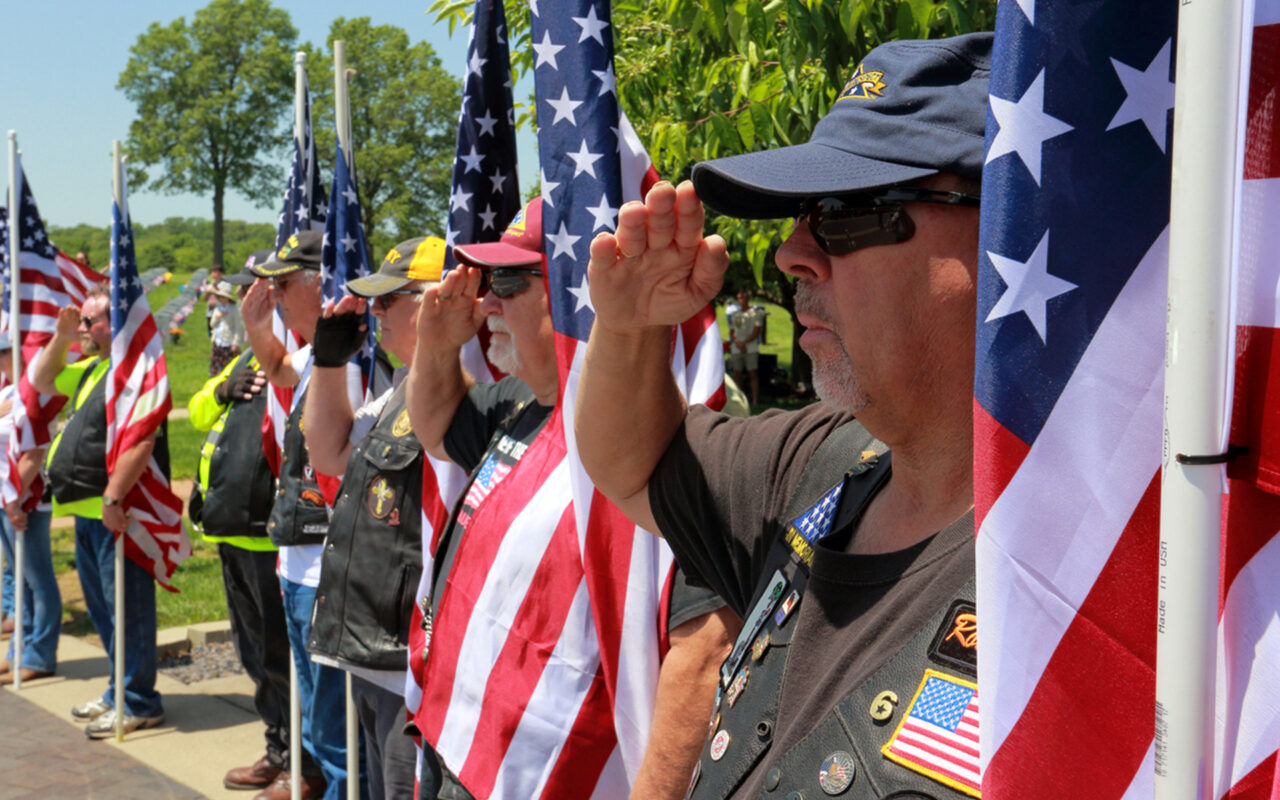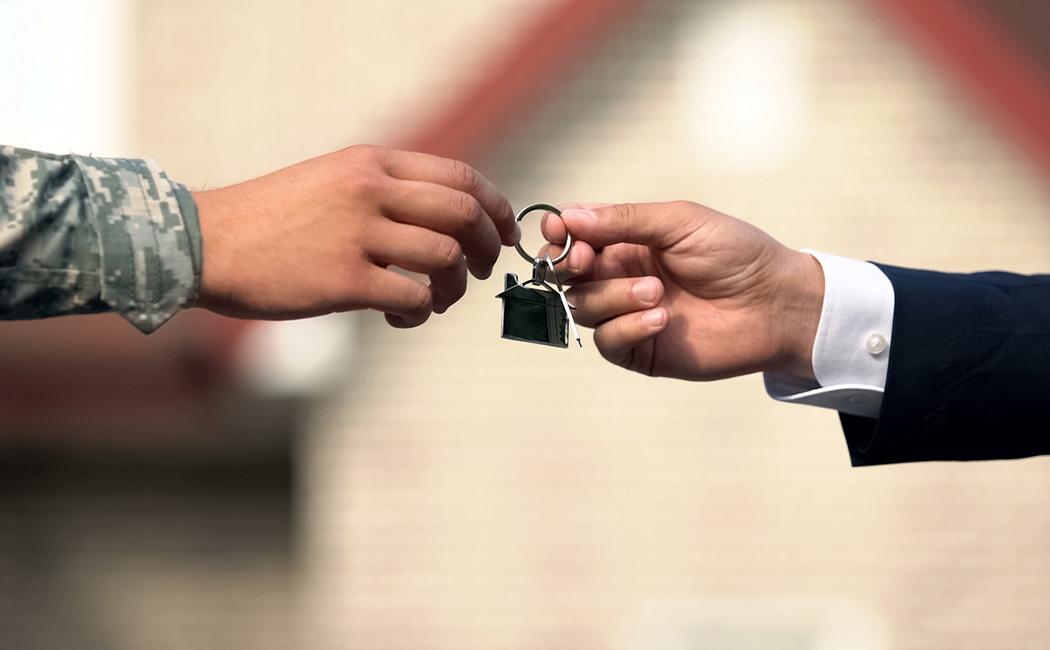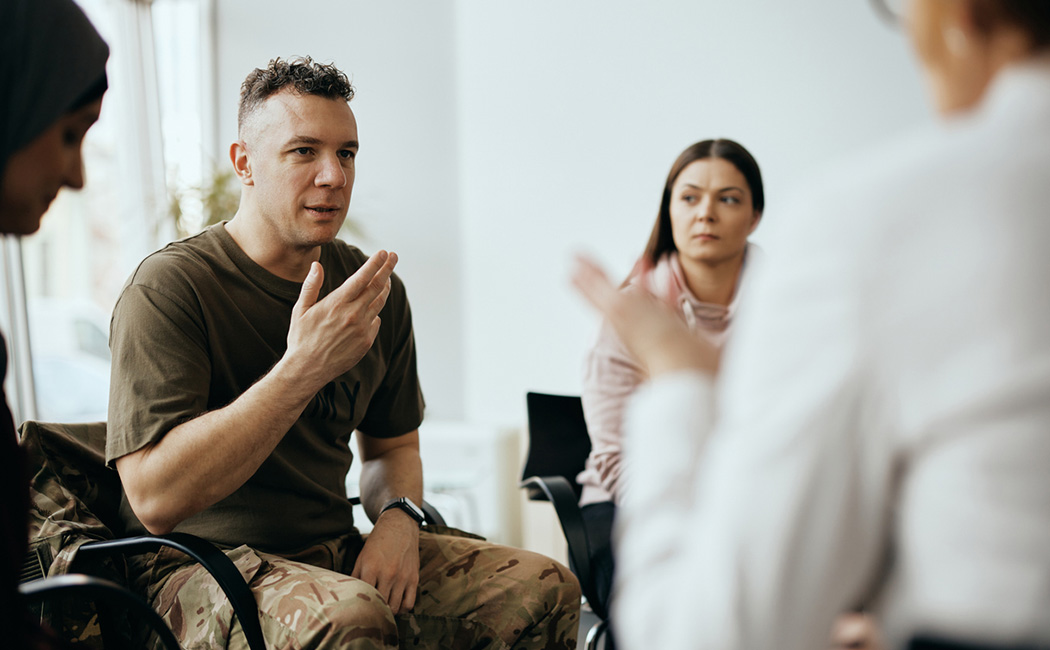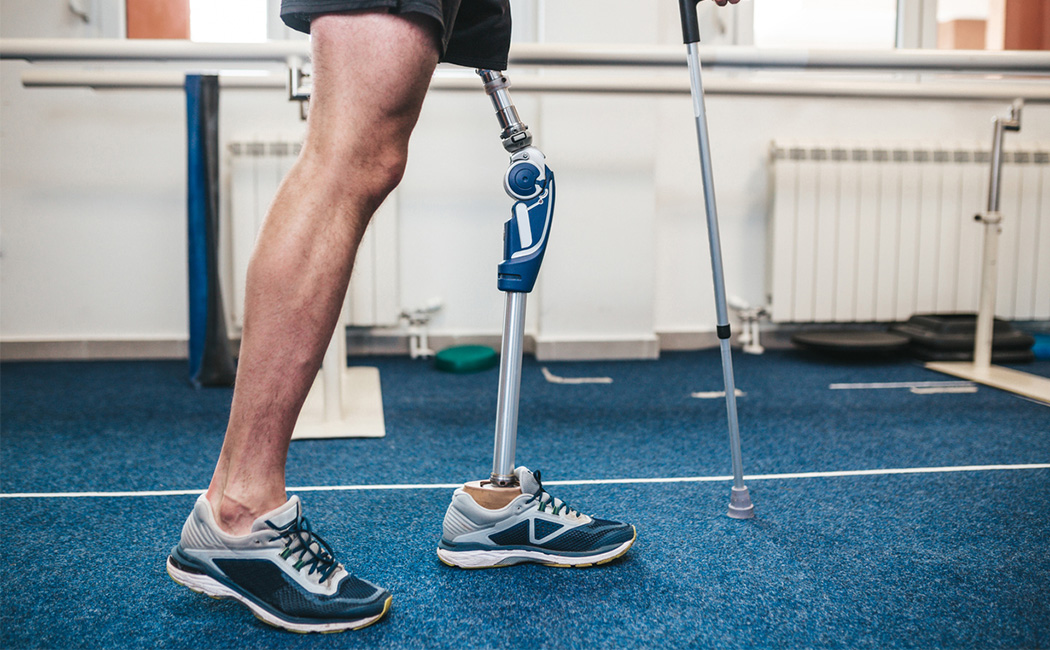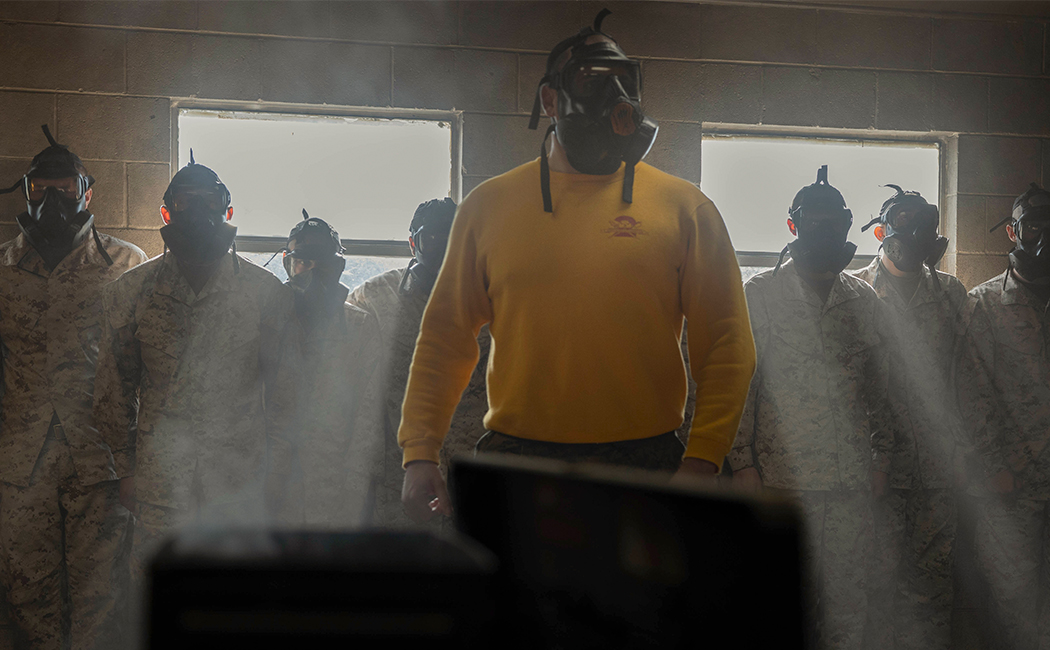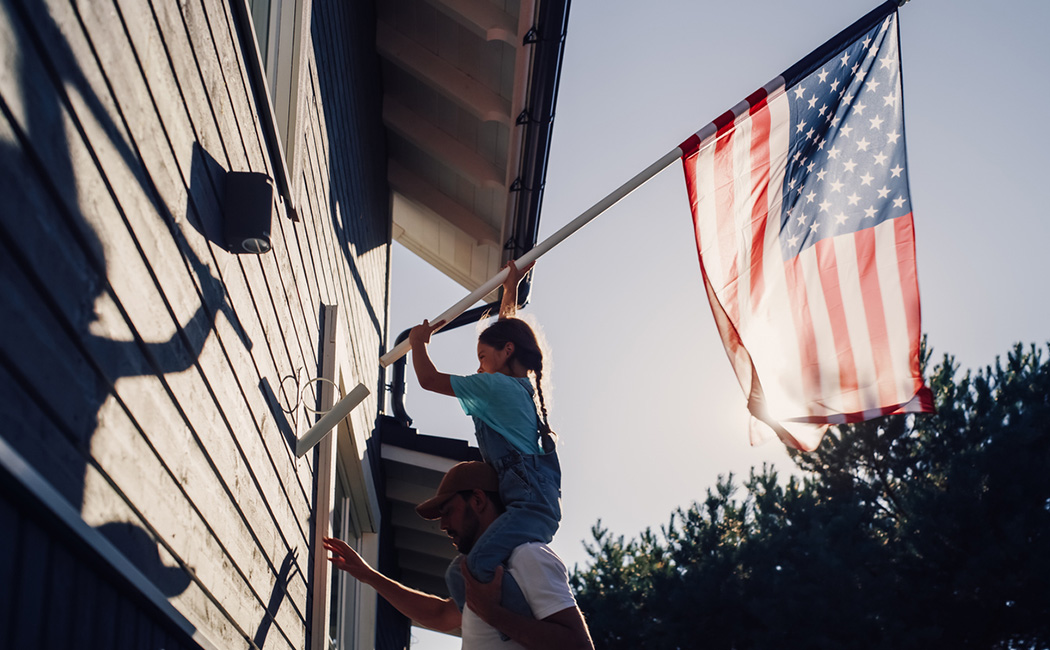Civilians often do not realize the challenges military members face as transitioning veterans. This can be especially difficult for veterans with PTSD. To that end, transitioning service members may have issues re-establishing and maintaining relationships with family and friends. Often, these issues relate to communication.
There are several steps you can take that will help you manage your relationships. On the other hand, this help can also allow for a smoother transition from active-duty life to veteran life.
Important Steps to Help Re-establishing Friends and Family Relationships
Communication
The most important step in re-establishing relationships is to create a communication plan. By expressing your thoughts and feelings, you allow others to fully understand past life and experiences. This is easier said than done, but it is ok to start small. Simply think about what you want to say and how you want to say it. Consider the main points you want to communicate. Remember, civilians don’t always understand military jargon or acronyms, so be clear and direct about what you mean.
Additionally, listen to others who care about you. This goes hand-in-hand with sharing your experiences. Listening is a critical aspect of your communication plan.
Take Care of Yourself
Another important step in maintaining relationships is to practice self-care. It may sound silly, but getting a good night’s rest can affect your outlook. Fatigue can lead to mood changes and communication mishaps. Ensure you get enough rest and have a clear head. This will help eliminate any negative emotions you may be feeling.
Also, healthy eating habits can lead to clear thinking as well. Maintaining a balanced diet will help you feel better and give you the energy you need to succeed.
Finally, don’t overdo it. If you feel you are moving too fast or you are outpacing yourself, slow down and possibly re-assess the situation. Always give yourself time to process a relationship.
Things to do to Help Transitioning Military Service Personnel
There are a few great ways to make your transition easier and to improve your mental health.
- Develop a hobby. Hobbies allow veterans to take their minds off of stressful thoughts. Depending on the hobby, you might even meet new friends. However, do not allow the hobby to consume your world. Always put friends and family first, using your hobby as a break.
- Obtain a job or career that you love. It’s easier to work if you actually like what you’re doing. Getting a job can help you stay busy in a positive way. A great way to find work you love is to network with recruiters and headhunters who work exclusively with veterans.
- Take advantage of veteran benefits. You could qualify for education, health, or disability benefits. You honorably served, so take advantage of your earned benefits.
- If you find yourself having a difficult time adjusting to civilian life, consider therapy.After all, you are going through a complete lifestyle change. Having a trained professional listen to what you have to say and receiving feedback can really help you cope with your transition.
When all is said and done, maintaining and re-establishing relationships with friends and family is very significant part to a veteran’s transition to civilian life. If you are having difficulty with this transition or would like more information, you can go to the VA website for more resources.



